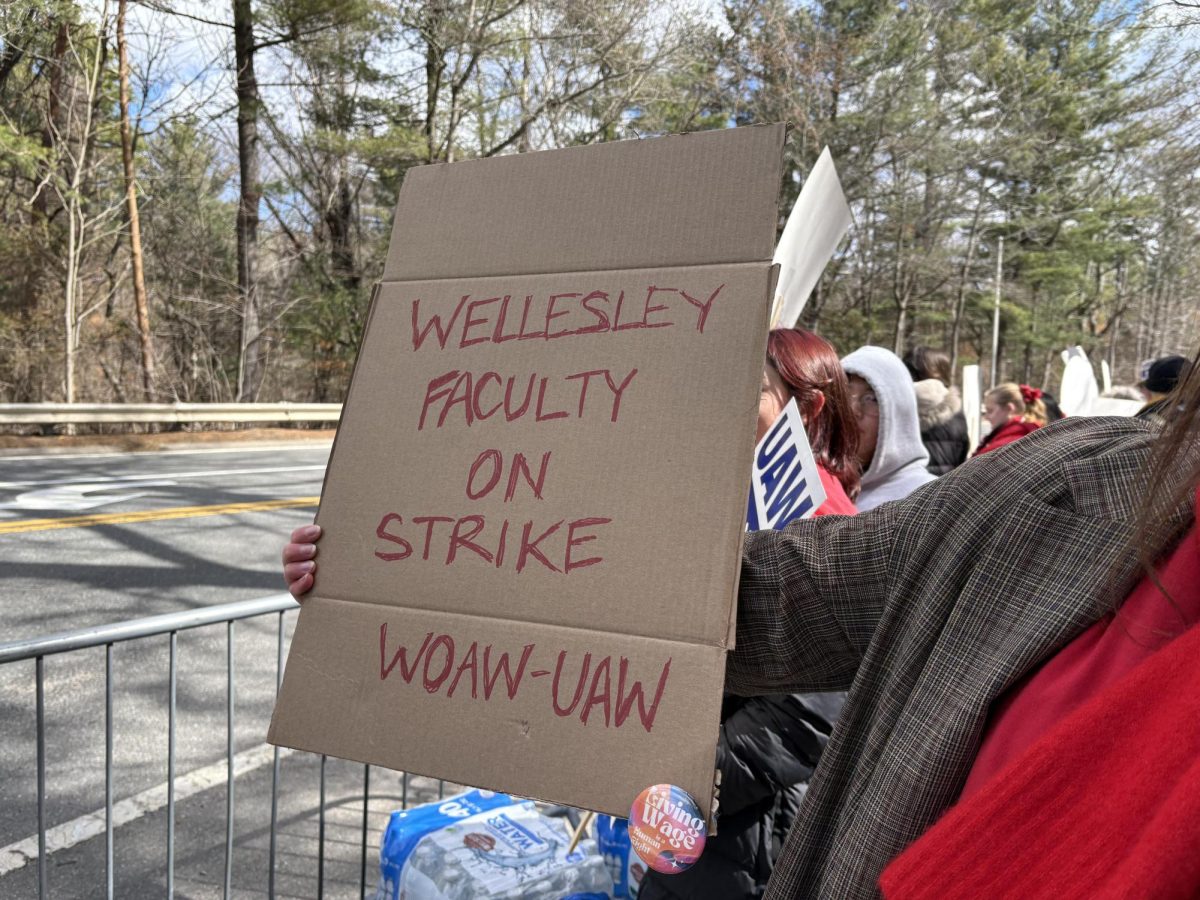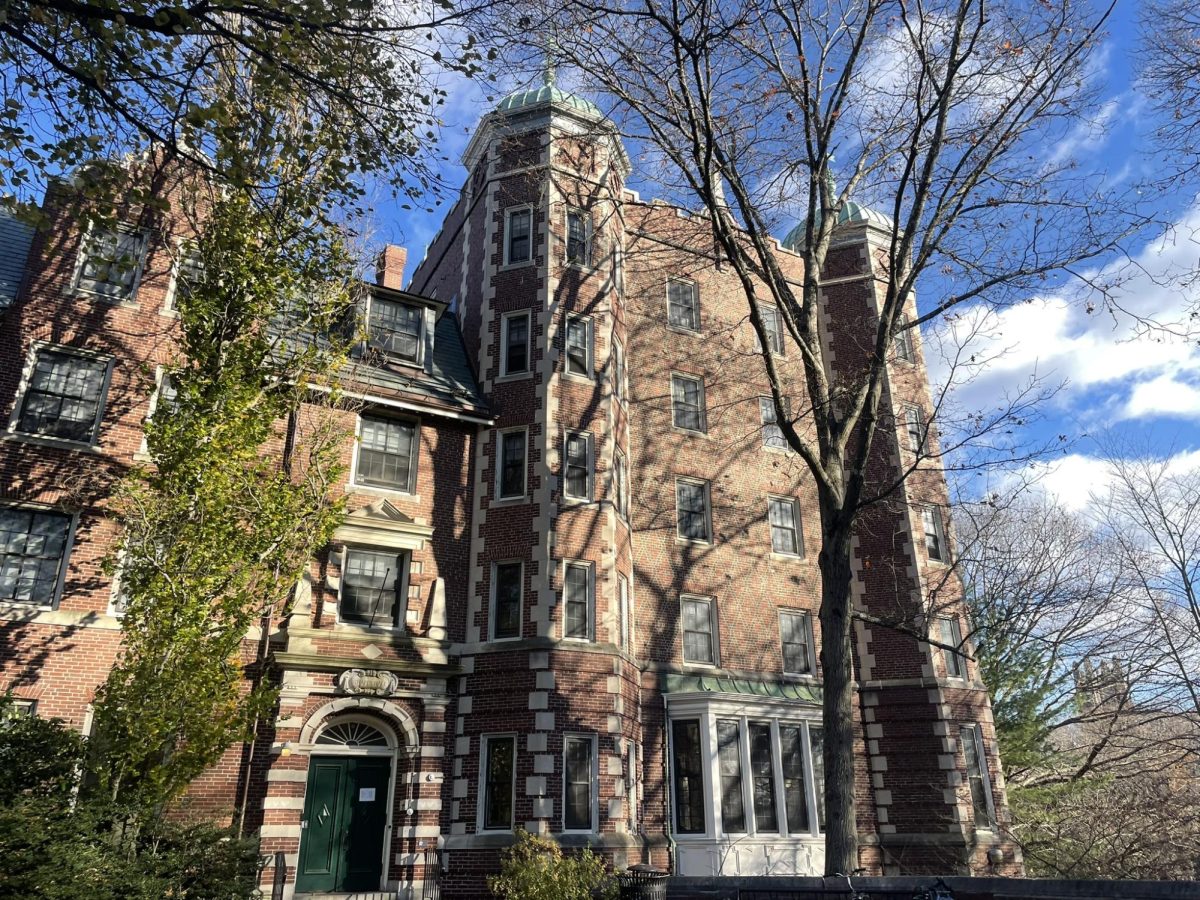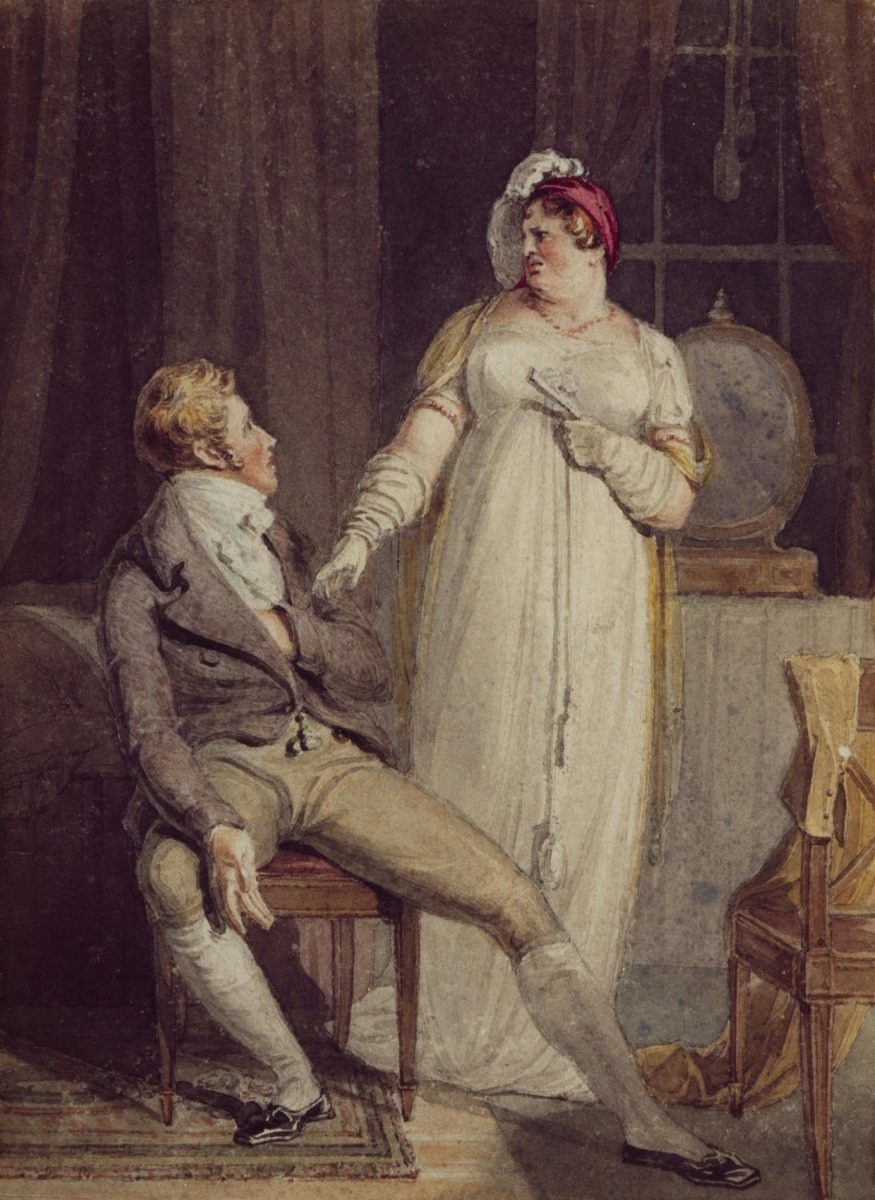From the window of the Senate floor on Thursday, April 24th at 1:34 pm, the end to the WOAW-UAW strike was officially declared to the Wellesley community. The students who were chanting and supporting the striking faculty in the academic quad promptly erupted into cheers. However, what soon followed was a feeling of discombobulation and anxiety.
According to one non-tenure track (NTT) professor, the decision to end the strike was made that morning at around 8 a.m. because of a “credible threat to the entire Wellesley community including the students.”
However, the College administration asserted that the college has “not threatened union members.” Yet, with there still not being a written explanation from the WOAW-UAW on why they ended the strike so abruptly, there is no way to dispel the misinformation that has been circulating with the varied versions given by different NTT faculty.
With the uncertainty between what each side chose to speak on and not speak on, one thing remains loud and clear: students have been caught in the middle.
The abrupt end to the strike without a clear explanation left many students feeling anxious and confused about what the end of the year would look like. With just one week of classes remaining, the unprecedented decision by the Administration to alter the academic credit that students signed up for at the beginning of the semester appears even more unclear.
When the new credit plan was first announced, it left many students in distress as dropping below full-time status would impact graduating, financial aid, and visa status for international students. At the time, the College did not even provide clear guidelines for the deans and professors who had to be immediately answerable to the student body.
Now that the strike has ended, the college sent a simplified “decision tree” to students which states that, if these students had to re-enroll and the new classes do not conflict with their classes taught by NTT, then they are supposed to remain in these new courses as well as attend their previous ones. Many students complained about this email with its minimal explanation which in turn seemingly minimized student feelings regarding the credit changes.
The math is still not fair. Despite attending one more week of an NTT class previously accredited as 0.5 credit, the college has said that those specific classes will still be 0.5 credit. With the calculations Anika Sridhar (Opinions Staff Writer) demonstrated in a previous article, students should have earned 0.73 credit for the classroom time they spent with NTT faculty over 9.5 weeks, not accounting for the extra hours they had with professors during advising and office hours. The Registrar has previously awarded 0.8 credit for semester courses to transfer and study abroad students, so it is entirely possible to award alternate amounts of credit for the NTT classes, especially in extenuating circumstances. From my point of view, the 0.5 credits do not fully reflect the amount of time and effort that students have already put into their previously enrolled classes. For some students who have to attend both their re-enrolled and WOAW-taught classes, they involuntarily signed up for twice the amount of work, with extra assignments and stress.
At the mercy of their professors, and with a lack of finals guidelines, affected graduating seniors in their final semester are having to take extra final exams. As a graduating senior myself, the Class of 2025 entered freshman year during the COVID-19 pandemic, and I believe our final weeks of college should be the happiest time of year with no extra difficulties. Yet, many of us are leaving Wellesley having been caught in the crossfire of the bargaining, confused about this credit decision and without the bare minimum of transparency of why the strike ended in this manner. I support all of my faculty and I support the members of Administration who have tried to have our best interests at heart. As a soon-to-be alumni, I care about the wellbeing of Wellesley College including its reputation and students of the present and future. However, the decision for NTT Faculty to go on strike for various reasons, to abruptly end the strike with no explanation, and the Administrative decision to alter course credit as a bargaining tactic, feels inconsiderate to the students who care about and uphold this academic institution.
Contact the editor(s) responsible for this story: Caitlin Donovan, Avery Finley




